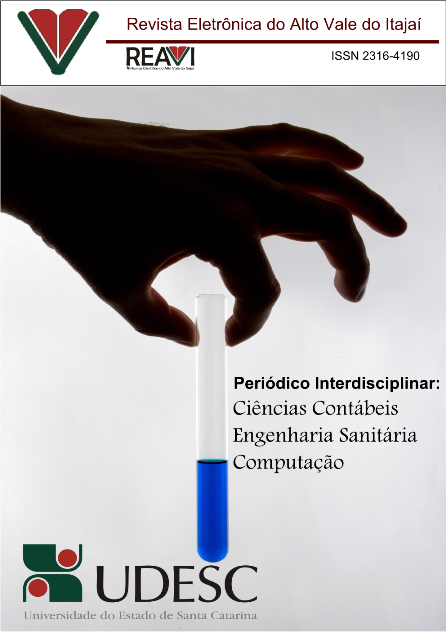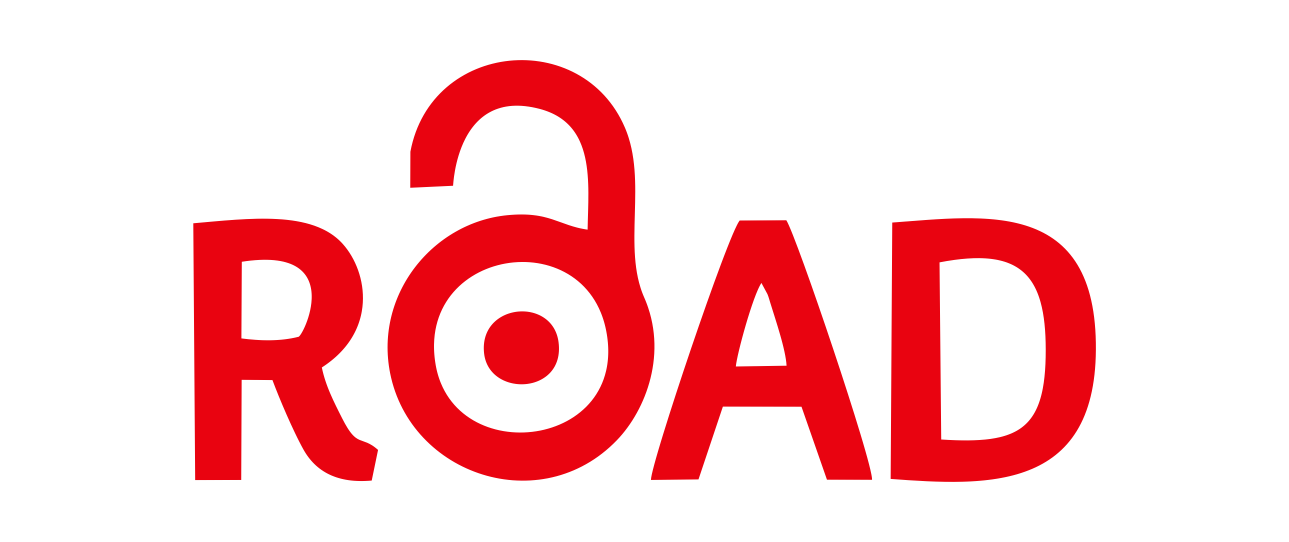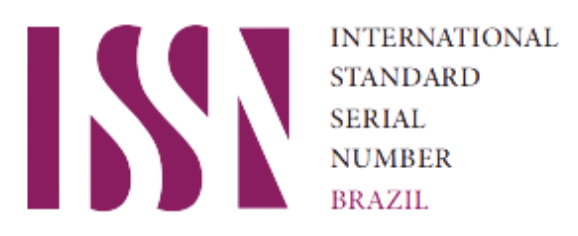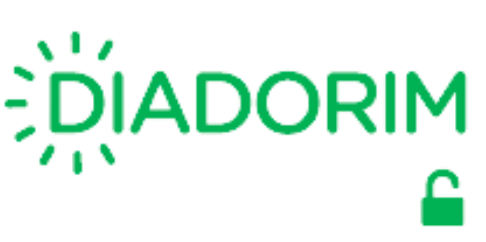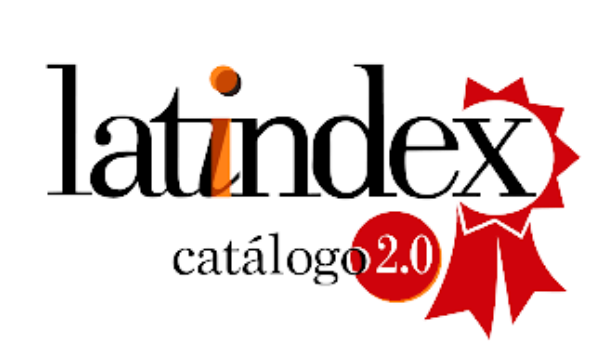Análisis de costos industriales: un estudio en una industria de maquinaria en Ibirama, en Santa Catarina
DOI:
https://doi.org/10.5965/2764747102032013099Palabras clave:
contabilidad industrial, costos, industria de máquinasResumen
Con el tiempo, la contabilidad se está convirtiendo en un aliado importante para los gestores al proporcionar información al proceso de toma de decisiones. Además, por supuesto, de contribuir al control interno y externo de los hechos contables. Este trabajo presenta un estudio que busca verificar los métodos de costos industriales utilizados en la empresa ABC, conociendo herramientas o sugiriendo nuevas. La investigación se llevó a cabo mediante una visita a la empresa, en la cual se observaron los procesos industriales que esta desempeña. Posteriormente, se realizaron análisis generales de todo el proceso productivo de la industria y, con base en los datos obtenidos, se concluyó que el sistema de stock de materia prima presenta fallos y que se puede optimizar para no comprometer el desempeño de las actividades que afectan el nivel de servicio que se brinda a los clientes. Se señala aun la necesidad de que la empresa defina cuál será realmente su enfoque de producción, ya sea en la división de maquinaria, en la fundición o incluso en ambas.
Descargas
Citas
HORNGREN, Charles T.; DATAR, Srikant M.; FOSTER, George. Contabilidade de custos.
V.2. São Paulo: Prentice Hall, 2004.
MAHER, Michael. Contabilidade de custos: criando valor para a administração. 1.ed. São Paulo: Atlas, 2001.
MARTINS, Eliseu. Contabilidade de custos. 10.ed. São Paulo: Atlas, 2010. RIBEIRO, Osni Moura. Contabilidade de custos. São Paulo: Saraiva, 2009.
SANTOS, José Luiz dos; SCHMIDT, Paulo; PINHEIRO, Paulo Roberto; NUNES, Marcelo Santos. Fundamentos de contabilidade de custos. São Paulo: Atlas, 2006.
Descargas
Publicado
Cómo citar
Número
Sección
Licencia
Derechos de autor 2013 Marino Luiz Eyerkaufer, Diego Odorizzi, Marciano Lunelli, Marilia Milena Silveira, Talita Jahn

Esta obra está bajo una licencia internacional Creative Commons Atribución 4.0.

